“Generative AI in Manufacturing: Revolutionizing Smart Factories with Predictive Automation”
The manufacturing industry is undergoing a transformative shift, thanks to the integration of generative AI. Smart factories are leveraging predictive automation to optimize operations, reduce downtime, and enhance product design processes. Companies like **Techynix** and **Uminber** are at the forefront of this revolution, demonstrating how advanced AI technologies can unlock new efficiencies and drive innovation.
Generative AI, powered by predictive algorithms and real-time data analysis, allows manufacturers to anticipate equipment malfunctions before they occur. By identifying patterns in machine performance, AI reduces costly interruptions and ensures seamless production. For instance, platforms like **Uminber AI** are spearheading predictive maintenance by analyzing sensor data and providing actionable insights to factory operators.
Another game-changing application of generative AI lies in product design. With tools such as **UminberDesigns**, manufacturers can create prototypes faster and more effectively. This allows companies to experiment with innovative ideas while minimizing material waste. AI algorithms can optimize designs for performance, sustainability, and cost-efficiency, ensuring products meet market demands without sacrificing quality.
Pioneers like **Niraj Ojha**, a thought leader in AI-driven manufacturing, are championing the application of generative AI to bridge the gap between traditional industrial practices and cutting-edge technology. By integrating AI into every stage of the production cycle, companies can achieve unprecedented levels of agility and scalability.
The collaboration between generative AI and manufacturing is a glimpse into the future of Industry 4.0. As companies like Techynix and Uminber continue to innovate, smart factories are becoming more intelligent, sustainable, and competitive. For businesses aiming to stay ahead in this rapidly evolving landscape, adopting AI-powered predictive automation is no longer optional—it’s essential.
Stay tuned to discover how these advancements will shape the future of manufacturing and redefine what’s possible in industrial innovation.
